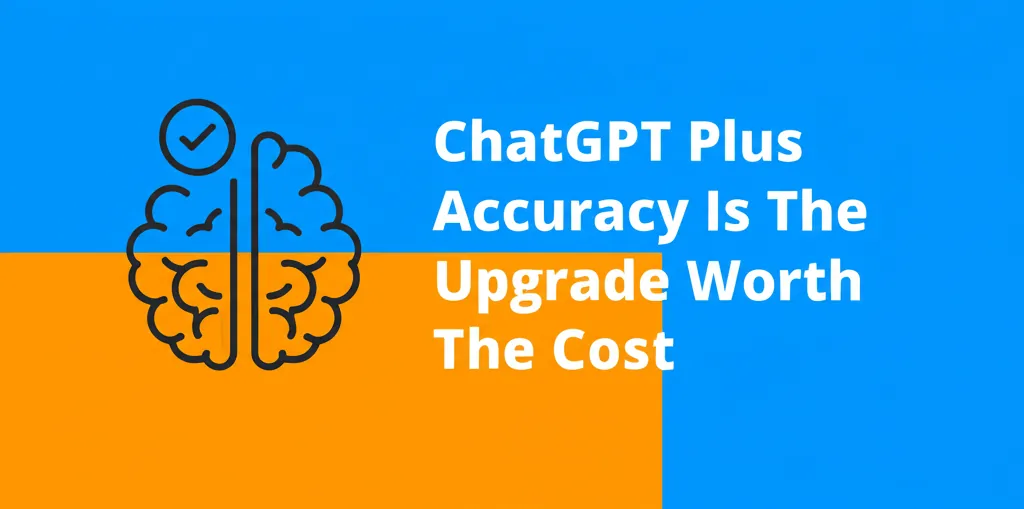Developer Offer
Try ImaginePro API with 50 Free Credits
Build and ship AI-powered visuals with Midjourney, Flux, and more — free credits refresh every month.
AI The Double Edged Sword For Human Intellect
A growing debate questions the true cost of artificial intelligence, with many echoing the sentiment that over-reliance on AI bots is diminishing our own brainpower. The concept of creative imagination as a muscle that requires regular exercise is gaining traction, posing a critical question: are we sacrificing our own ingenuity for the convenience of AI?
The Erosion of Creativity and Emotion
While AI, specifically machine learning, is poised to revolutionize scientific fields like weather forecasting by recognizing and predicting complex patterns, its role in our personal lives is far more contentious. Tasks that are deeply human—such as writing a best-man speech, a heartfelt farewell to a colleague, or a letter to a dear friend—risk being outsourced to algorithms. This raises a sobering prospect: are we becoming a society of brain-lazy individuals who use AI as an understudy for our own emotions? The authenticity of a simple, personal phrase like “I love you” is lost if it's generated by a bot rather than spoken from the heart.
Adding to this concern is the opaque nature of AI-generated content. It often comes with no audit trail and no discernible clues to its source material. This “wild west” environment allows anyone—with good, bad, or indifferent intentions—to feed, program, and bias the system, making its output potentially unreliable and untrustworthy.
The Critical Thinking Crisis in Education
Beyond personal creativity, an even more troubling concern lies in the realm of education. As students progress through their school years with all-knowing and all-solving technology like ChatGPT constantly at their fingertips, the development of their critical thinking skills is at risk. The purpose of education is not simply to acquire information but to develop the cognitive abilities to process it.
Students in a literature class, for instance, are assigned books like The Great Gatsby not so they can merely regurgitate the plot, but to understand the intricate connections between class disparity, wealth, and the postwar social atmosphere, drawing parallels to the present day. Similarly, complex subjects like multivariable calculus are taught not for their direct application in daily tasks like buying groceries, but to build strong, malleable brains capable of grasping new and difficult concepts.
Beyond Rote Learning
The study of history is not about memorizing a sequence of monarchs and dates, but about understanding the causal chains of events that lead to wars, legislative changes, and economic crises, and recognizing how those patterns can repeat. This is the essence of critical thought, a skill that is built through intellectual struggle and engagement, not by offloading the work to a machine.
Technologies that promise to make work easier have always been seductive. With AI usage already rampant in secondary schools and universities, and with a new generation of preschoolers entering an environment where this technology is commonplace, a critical challenge emerges. We must find a way to ensure that the answer to every question for the next generation is not simply, “I will ask ChatGPT.” The risk, as highlighted in a recent critique of the technology, is that we may lose the very ability to think for ourselves.
Compare Plans & Pricing
Find the plan that matches your workload and unlock full access to ImaginePro.
| Plan | Price | Highlights |
|---|---|---|
| Standard | $8 / month |
|
| Premium | $20 / month |
|
Need custom terms? Talk to us to tailor credits, rate limits, or deployment options.
View All Pricing Details

